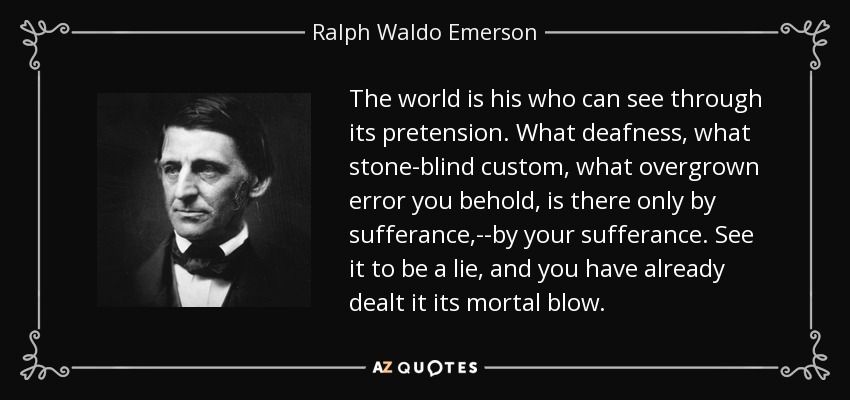uzersuperman
New member
Religion played an essential role in providing a comfortable answer to the question of the purpose of existence and in giving meaning to a short, difficult and inevitable life. This answer, although it is an individual need, becomes a collective contract, a desire to make the agreement reached a proof of its reality. Thus, each society produced a special religion: it has its own rituals, spirituality, duties, and laws, which in my view constitutes a mixture of philosophy, primitive science, and myth: At the same time, it is a system of morals and values, an interpretation of natural phenomena and food for the imagination. Religion formed one of the most important foundations on which ancient civilizations were built, with all that this means in terms of presence in the political, economic and social fields of these countries.

